
Eating for heart health is often associated with strict diets and bland meals, but it doesn’t have to be that way. Many delicious, nutrient-rich foods naturally support cardiovascular health while adding flavor and variety to everyday meals. These ingredients are rich in fiber, healthy fats, antioxidants, and essential vitamins that keep the heart strong and resilient. By choosing the right foods, it’s possible to enjoy satisfying meals while lowering risk factors like high cholesterol, blood pressure, and inflammation. Here are 18 flavorful foods that keep the heart healthy without sacrificing taste.
Oats
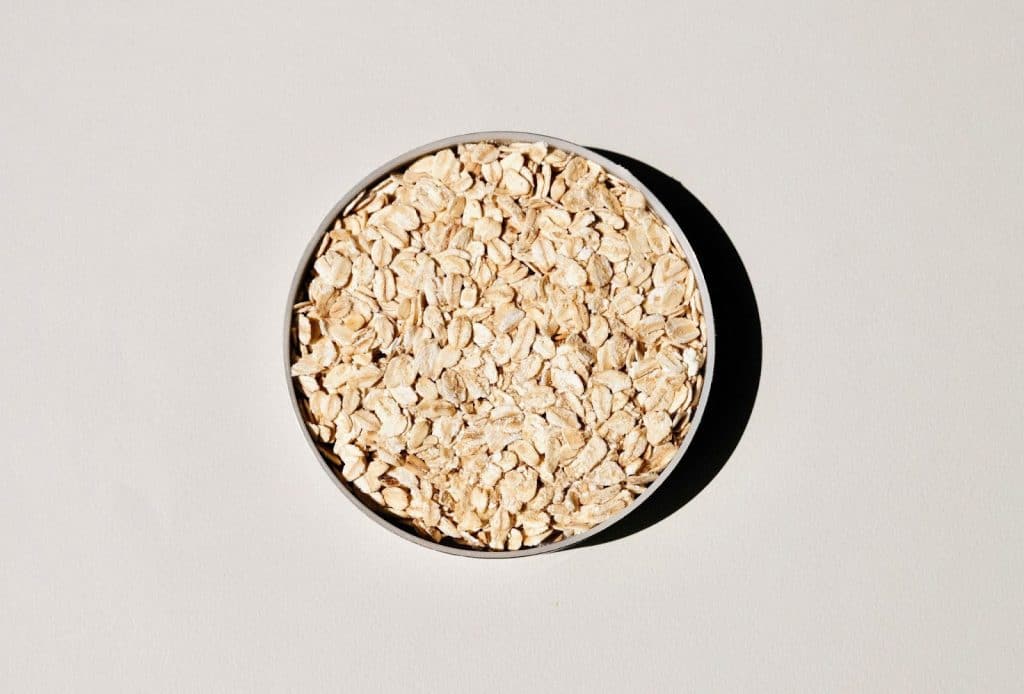
Oats are packed with soluble fiber, particularly beta-glucan, which helps lower cholesterol levels. Eating oats regularly reduces the risk of plaque buildup in arteries. They can be enjoyed as a warm breakfast, blended into smoothies, or even used in baking. With endless ways to flavor them using fruits, nuts, or spices, oats are versatile and never boring. They prove that heart-healthy eating can be both comforting and flavorful.
Olive Oil

Olive oil is a cornerstone of the Mediterranean diet, known for lowering bad cholesterol while boosting good cholesterol. Rich in monounsaturated fats and antioxidants, it reduces inflammation and supports arterial health. Its versatility makes it perfect for salad dressings, sautéing, or drizzling over roasted vegetables. High-quality extra virgin olive oil also adds a rich, peppery flavor. It’s a heart-friendly fat that enhances meals instead of limiting them.
Beans
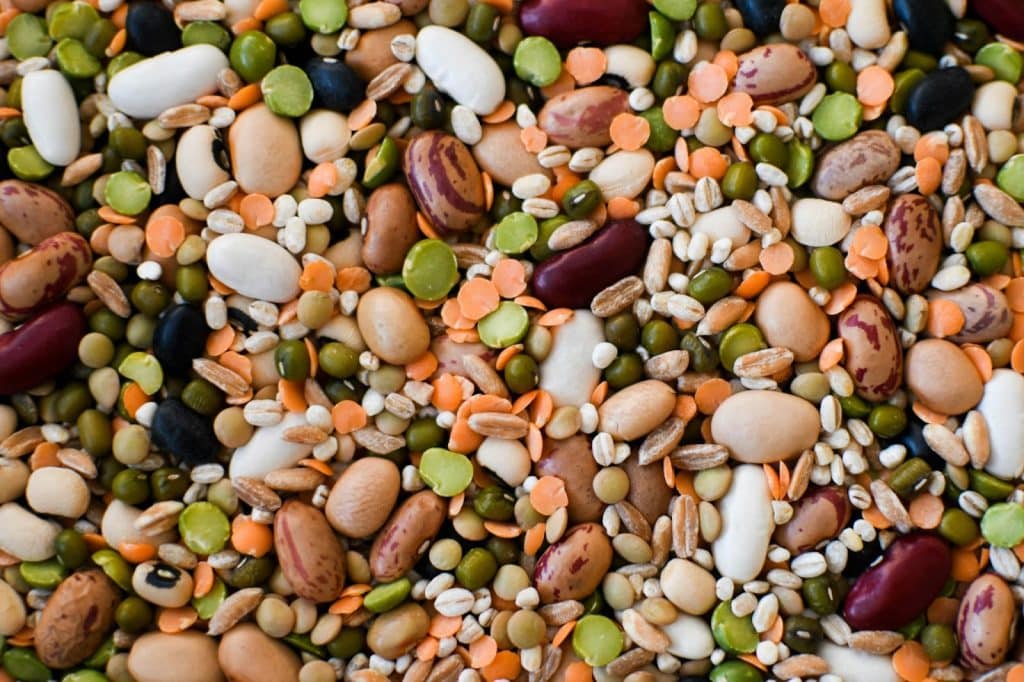
Beans are an excellent source of plant-based protein and fiber, both of which contribute to lower cholesterol and blood pressure. They’re also rich in minerals like magnesium and potassium, which support circulation. From hearty stews to refreshing salads, beans fit seamlessly into countless dishes. Their satisfying texture makes them a great replacement for heavier meats. Beans bring both heart health and flavor to the table.
Yogurt

Low-fat or Greek yogurt provides calcium, potassium, and probiotics, which all support healthy blood pressure and digestion. The protein keeps meals filling, while probiotics benefit gut health, which is increasingly linked to cardiovascular health. Yogurt can be eaten plain, layered with fruit, or used in savory sauces and marinades. Its creamy texture makes it a flavorful addition to meals. Choosing unsweetened varieties maximizes benefits without added sugar.
Berries

Blueberries, strawberries, and raspberries are rich in antioxidants called anthocyanins, which help reduce oxidative stress and inflammation. They also provide fiber and vitamin C for overall cardiovascular support. Their natural sweetness makes them a great substitute for processed desserts. Berries can be eaten fresh, frozen, or blended into smoothies. They offer a burst of flavor while quietly protecting heart health.
Tomatoes

Tomatoes are packed with lycopene, an antioxidant linked to reduced risk of heart disease. Cooking tomatoes enhances lycopene absorption, making sauces and soups particularly beneficial. They also provide potassium, which supports healthy blood pressure. Tomatoes add color and flavor to salads, pasta dishes, or even as a base for salsas. This versatile food is both tasty and protective.
Spinach
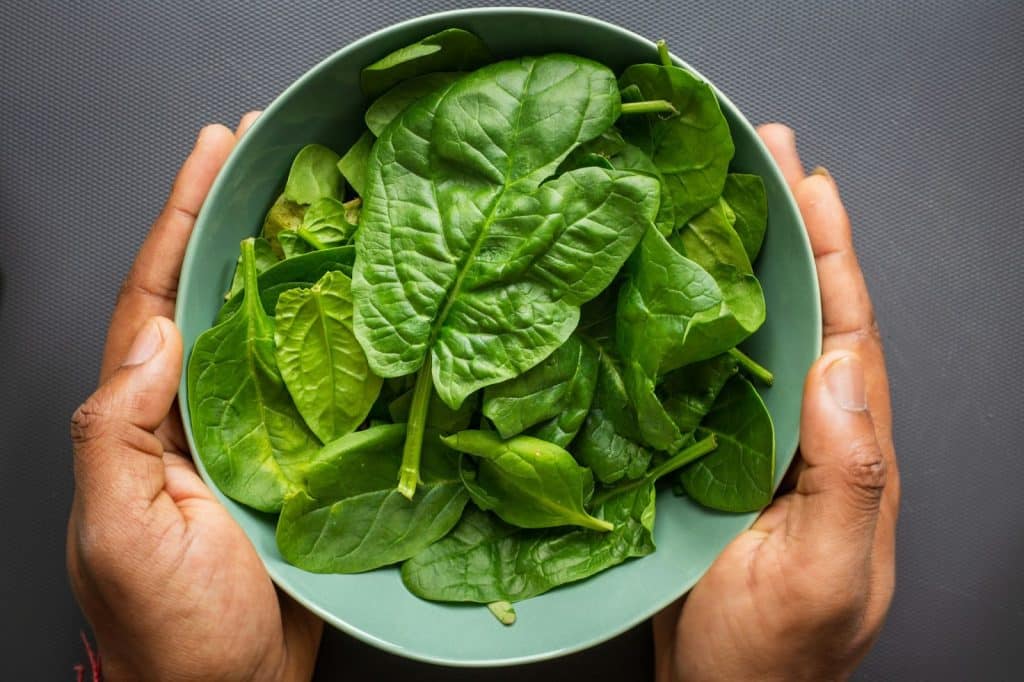
Leafy greens like spinach are rich in nitrates, potassium, and magnesium—all essential for blood pressure regulation. Spinach also provides vitamin K, which supports vascular health. Its mild flavor makes it easy to add to smoothies, omelets, and pasta dishes. Light cooking enhances absorption of some nutrients without sacrificing taste. Spinach proves that greens can be both delicious and powerful.
Oranges

Oranges deliver vitamin C, potassium, and fiber, all of which benefit the cardiovascular system. Their natural sweetness satisfies cravings while supporting healthy cholesterol levels. Eating the fruit, rather than just drinking juice, provides the most benefits thanks to the fiber content. Oranges can be eaten fresh, sliced into salads, or added to savory dishes for zest. Their refreshing flavor comes with lasting heart benefits.
Salmon

Salmon is one of the best sources of omega-3 fatty acids, which help reduce triglycerides, lower blood pressure, and support heart rhythm. Regular consumption has been linked to reduced risk of heart disease. Its rich flavor and versatility make it easy to enjoy grilled, baked, or even smoked. Salmon pairs well with a variety of seasonings and sides. It’s a powerhouse protein that blends taste with protection.
Sardines

Sardines provide the same omega-3 benefits as salmon but in a smaller, more budget-friendly package. They’re also rich in calcium and vitamin D, supporting both heart and bone health. Their bold flavor works well in salads, pasta, or on whole-grain toast. Canned sardines are convenient without sacrificing nutrition. They’re an underrated option for flavorful, heart-friendly meals.
Lentils

Lentils are a plant-based protein rich in fiber, magnesium, and potassium. They help stabilize blood sugar, lower cholesterol, and reduce blood pressure. Their earthy flavor pairs well with spices and vegetables in soups, curries, or salads. Lentils cook quickly compared to other legumes, making them a practical choice. They deliver both taste and cardiovascular benefits in one simple package.
Walnuts
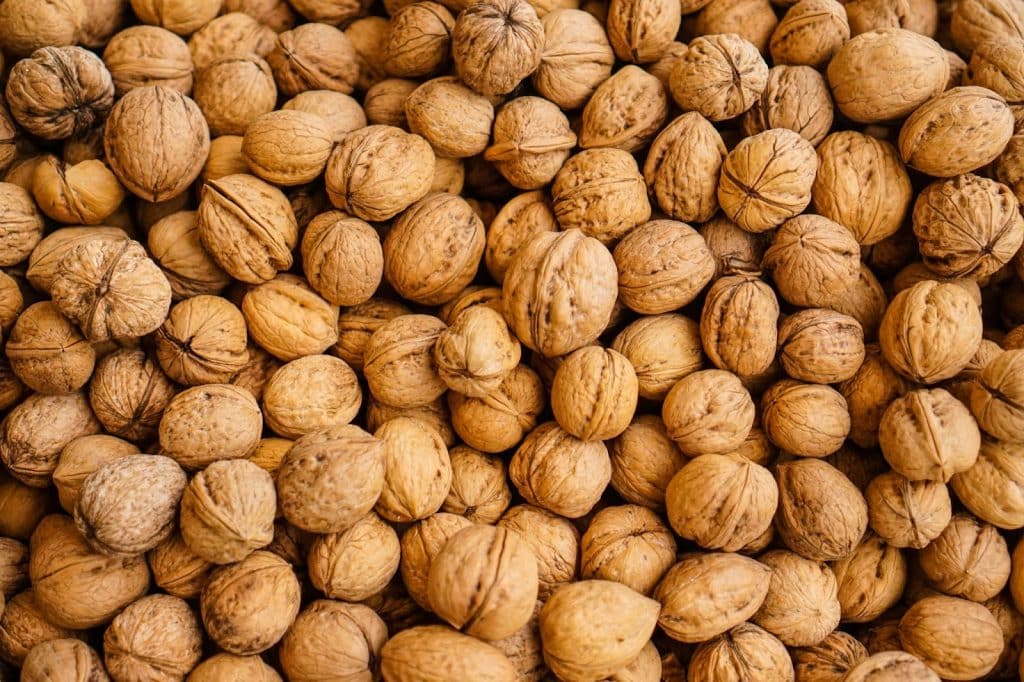
Walnuts are rich in omega-3 fatty acids, antioxidants, and fiber, all of which support heart health. Just a small handful can help lower bad cholesterol and reduce inflammation. Their crunch and earthy flavor make them a perfect snack or salad topping. They also pair well with oats or yogurt for breakfast. Walnuts prove that snacks can be heart-friendly and satisfying.
Dark Chocolate

Dark chocolate, when consumed in moderation, offers flavonoids that improve circulation and reduce blood pressure. The key is choosing varieties with at least 70% cocoa to maximize antioxidants. A small square can be a guilt-free treat that supports heart health. It pairs well with fruit or nuts for added flavor. Dark chocolate shows that indulgence and wellness can coexist.
Garlic
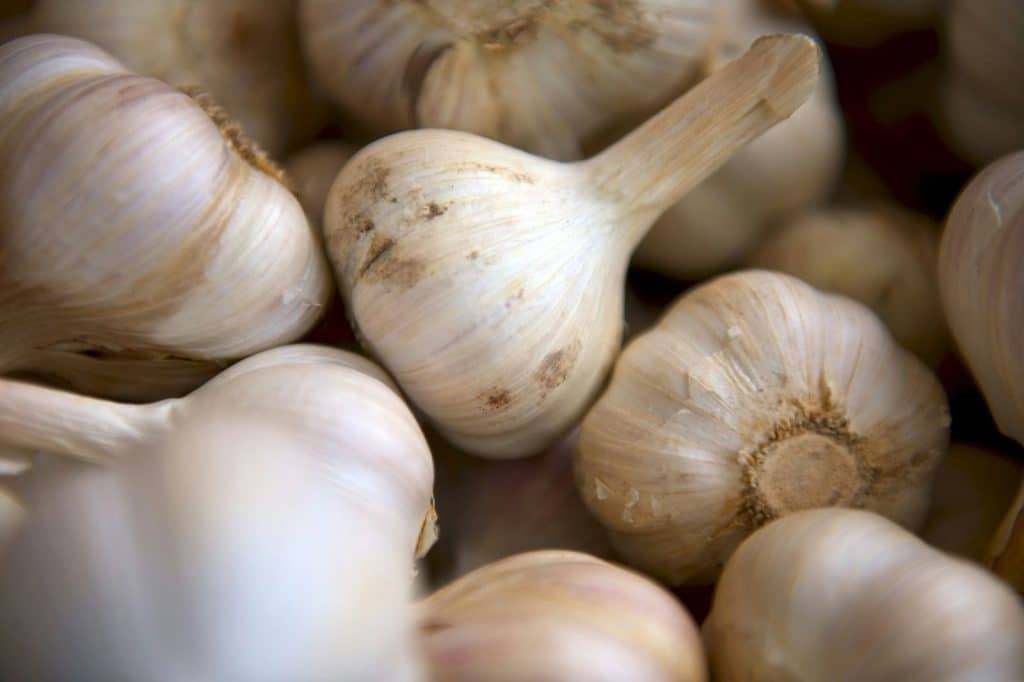
Garlic has been used for centuries as both a flavor enhancer and a natural health booster. It helps reduce blood pressure and cholesterol while offering antimicrobial benefits. Its bold taste adds depth to sauces, meats, and vegetables. Raw or roasted, garlic brings out flavor in any dish. It’s proof that powerful health benefits often come in small packages.
Green Tea

Green tea contains polyphenols and catechins, antioxidants linked to lower cholesterol and improved arterial health. Regular consumption supports circulation and reduces oxidative stress. Its light, refreshing flavor makes it a versatile drink, served hot or iced. Green tea can also be infused with herbs or citrus for variety. It’s a simple habit that pays long-term dividends.
Pomegranate
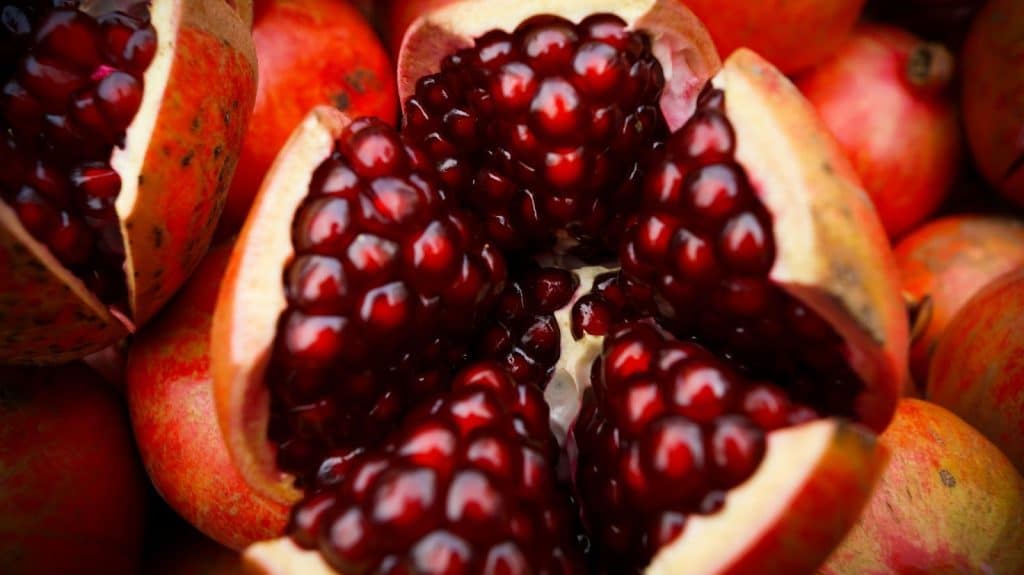
Pomegranates are loaded with antioxidants that reduce inflammation and improve blood flow. Studies suggest they may help lower blood pressure and cholesterol. Their tart-sweet flavor makes them ideal for salads, yogurt, or as a juice. The seeds add both crunch and color to meals. Pomegranate is both visually striking and nutritionally powerful.
Conclusion

Supporting heart health doesn’t mean giving up flavor or enjoyment at the table. From rich salmon and crunchy walnuts to sweet berries and bold garlic, these foods prove that taste and wellness can go hand in hand. Each offers unique nutrients that lower risks while enhancing meals. By weaving them into everyday eating, it’s possible to enjoy delicious dishes that also protect the heart. A strong cardiovascular system begins with flavorful, intentional choices made daily.






Ask Me Anything